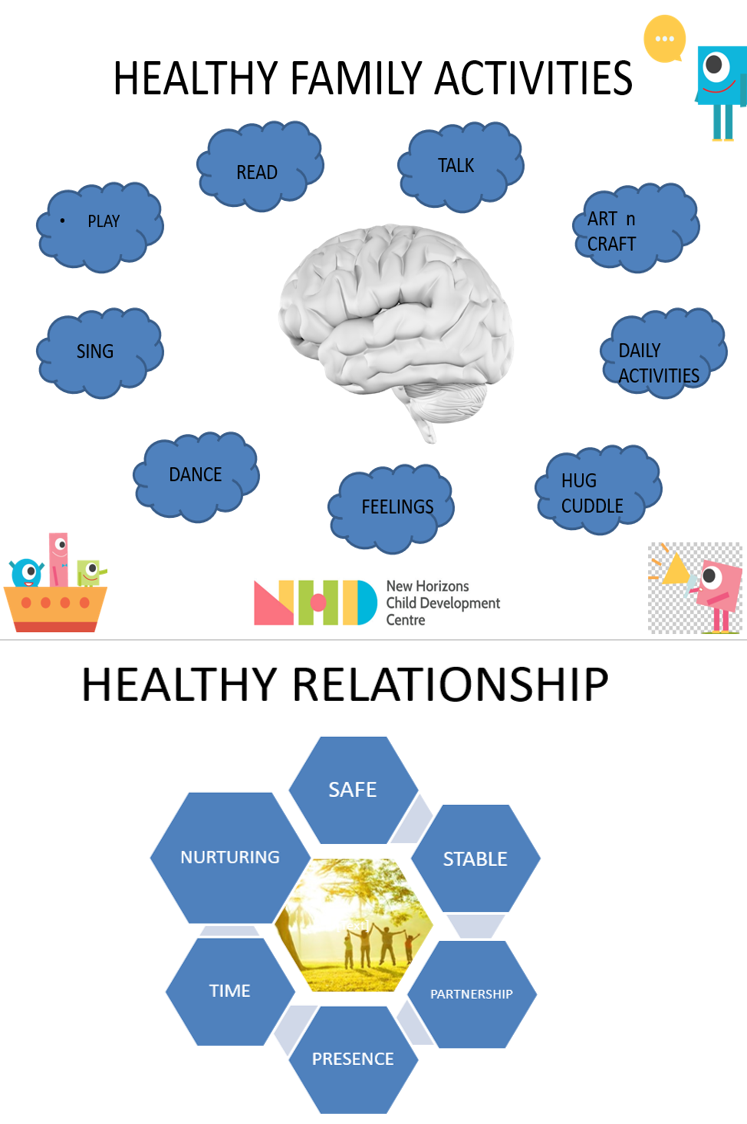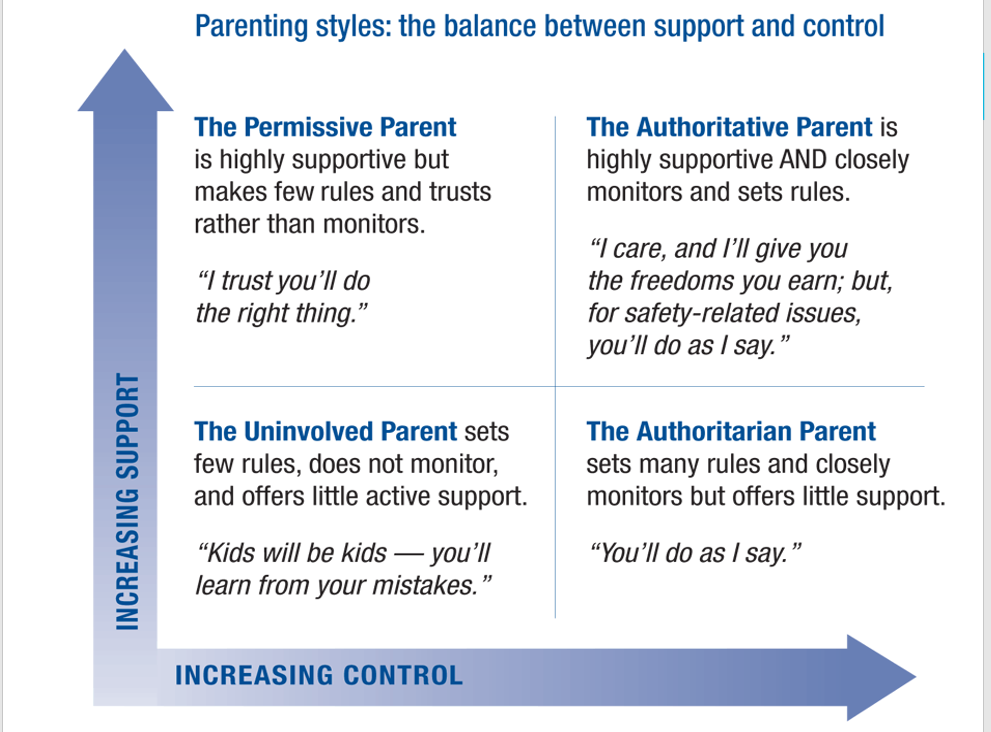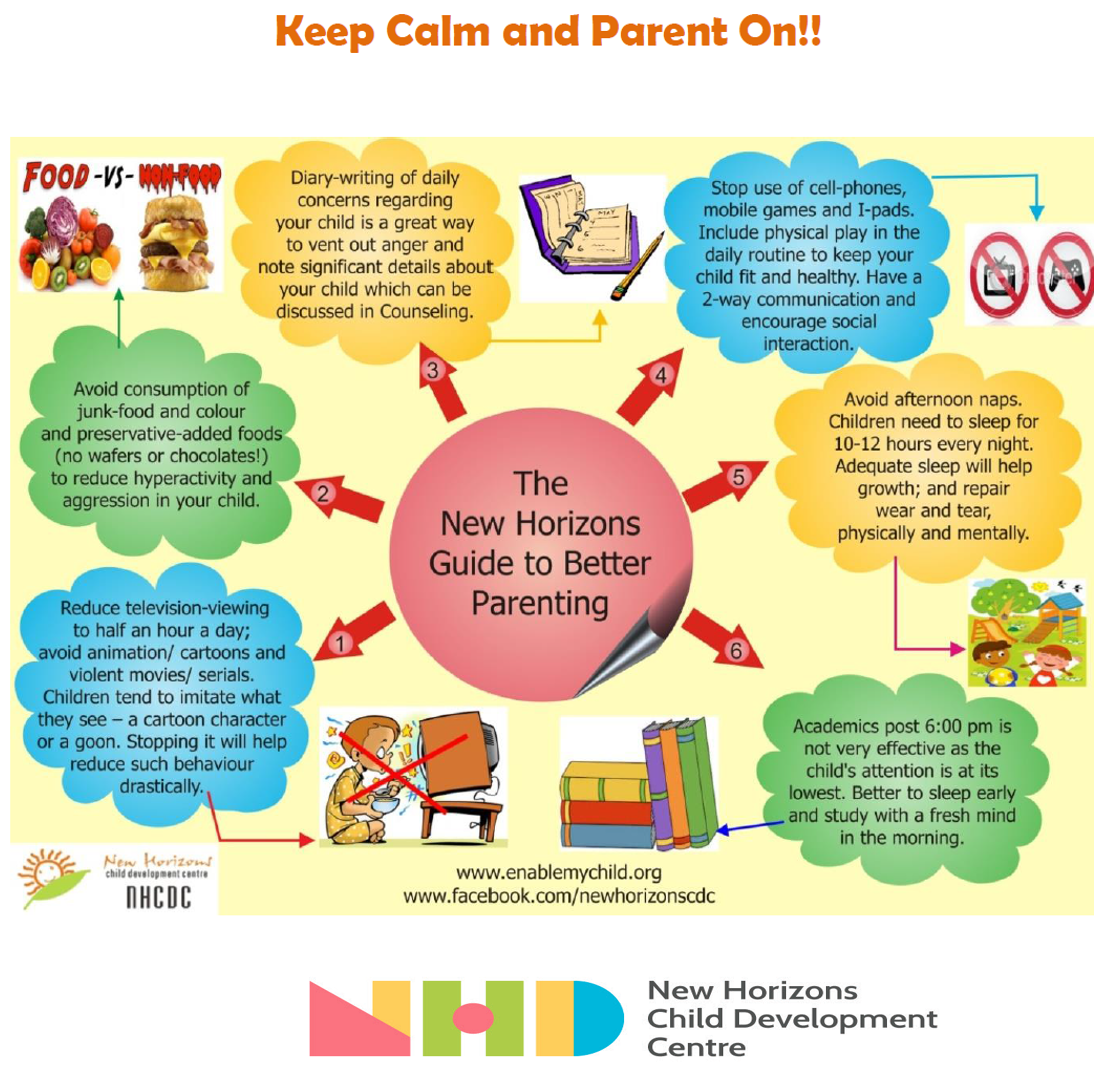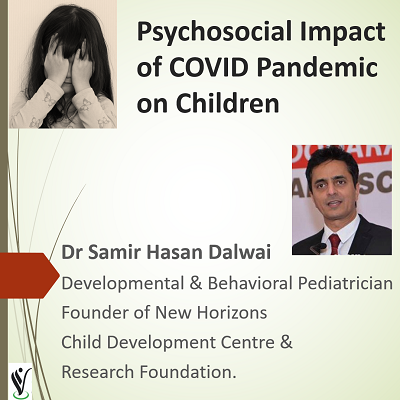COVID IMPACT ON FAMILIES AND CHILDREN
Coronavirus disease (COVID-19) pandemic has unfolded a tsunami of challenges for mankind for the past 18 months, significant among these being the psychosocial impact on children. Despite this, it has triggered a global collaboration to control the pandemic, and transformed every individual by influencing family dynamics.
Social impact
A pervasive sense of loss is ongoing and has been experienced by many families e.g., loss of social networks, jobs, financial security and threatened loss of loved ones. This has impacted the quality of relationships among parents, children and siblings. It poses a significant risk for the adjustment of more than 37 crore children (0-14 years) in India, given their dependence on positive family processes for a host of developmental outcomes.
Social disruptions from the pandemic and changes in gender norms (moving closer to equal roles in the home) that define, our new ‘normal’ has generated heightened levels of psychological distress, impacting the quality of relationships among parents and children.
“Every home is a university and the parents are the teachers” a quote by Mahatma Gandhi has resonated so well with each one of us and in every household as the tsunami of the COVID-19 pandemic has unleashed the worst global crisis of our lifetime.
Virtual shift
The nation-wide lockdown in March 2020 and subsequent shift to online teaching has been a watershed and a reset moment for every parent and child. Children have been at home for longer periods of time than ever before in recent memory. Closure of schools, lack of extracurricular and outdoor activities, altered eating and sleeping habits, lack of peer-time have fostered monotony, anguish, irritation, and diverse neuro-psychiatric symptoms. Although home should be the safest place for a child, sexual, psychological and physical abuse have shown a significant rise. This has unfolded an unparalleled global mental health problem and it presents a unique challenge to psychological resilience across the world. This may soon lead to an outbreak of a ‘second pandemic’ of mental health crises.
Despite the widespread misery due to COVID-19, introspection and innovation have helped a sizable proportion of parents and children to tide over these challenging times to emerge successful at home, workplace and academics. However, a significant number of families got negatively impacted by the pandemic as the schedule and behavior of the young ones i.e., kids and adolescents went for a toss apart from the COVID-19 health-related issues.
The red flags listed below have deeply impacted every child and succeeded in altering the behavior which is unhealthy in both the short and long term.
- Excessive screen time (mobile/ TV)
- Altered Sleep Hygiene (late to bed and late to rise)
- Increase in Junk Food consumption (affecting the weight of the child)
- Decreased or virtual zero playtime with other kids
At every moment in the life of our children, we as parents strive to provide a nourishing and enriching environment to ensure that they excel in life and make a meaningful contribution to society. Our experience has taught that to succeed one needs to be passionate, and have the nimbleness to maneuver their way in collaboration with others. For a child to be a future CEO/ senior leader at his workplace or community, they first need to be a CEO/ leader of their own life and at home. Mastery in basic skills of awareness, self-control, and discipline with a sweet topping of the ability to connect and collaborate with people will help a child reach the pinnacle of success.
The presence of any of the above red flags persistently over time will lead to the emergence of abnormal behavior and developmental challenges derailing the child’s journey to happiness and success. To get our children back on track, we need to identify and implement corrective actions to nurture healthy activities in the family (physical, intellectual, creative, spiritual, altruistic) and develop a healthy relationship. We need to pause for a moment and analyze our parenting style and refine it in line with authoritative parenting (highly supportive and closely monitor and set rules).






Source – Baumrind, D. (1971). Current patterns of parental authority. Developmental Psychology Monograph, 4(1, Pt. 2), 1-103.
MINDFUL PARENTING
These approaches can be sprinkled with the essence of Mindful Parenting. The greatest gift you can give your child is your- self. This means that part of your work as a parent is to keep growing in self-knowledge and in awareness. Mindful parenting involves a new awareness and intentionality keeping in mind what is truly important as we go about the activities of daily living with our children.
Formulating Intentions of Mindful Parenting
- Intention – An aim that guides action.
- Formulate your mindful parenting intention
- Below are 2 examples of intentions that you may find helpful. Of course, what’s most important is to create your own.
- To see parenting as an opportunity to realize what is deepest and best in myself and express it with my children and in the world.
- To remind myself and accept that my children are as they are, and not simply through the lens of my expectations and fears.
If these approaches are challenging to implement at home or are not leading to desired time-bound result then the child will require a clinical assessment and intervention by a developmental pediatrician. Every child is unique and will require an individualized approach along with parent involvement in identifying goals, developing an intervention plan, and monitoring the progress of the child.
Dr Samir Hasan Dalwai, (MD, DNB, DCH, FCPS, LLB) is a Developmental & Behavioral Pediatrician and Founder of New Horizons Child Development Centre & Research Foundation. He is also Consultant at, Nanavati Super-specialty Hospital and Khar Hinduja Hospital. He is Fellow of The Indian Academy of Pediatrics (FIAP), and has held several senior positions in IAP and its chapters. He is the Founder Member of the Young Indian Parliamentarians’ ‘Citizens Alliance Against Malnutrition’ and a member of the expert panel, Maharashtra State Commission for the Protection of Child Rights
New Horizons Child Development Centre & Research Foundation supports and coaches the parents for better parenting and help to identify and correct the behavioral and developmental issues through the online e-nable program and NHDP (New Horizons Development Program) provided across 5 centers in Mumbai (Goregaon East, Goregaon West, Dadar, Bhandup and Khar). Its motto is
“EVERY CHILD CAN DO BETTER! FROM LABEL TO ENABLE!”



Also Read –
Depression and Anxiety – Causes, Signs and Holistic Treatment


